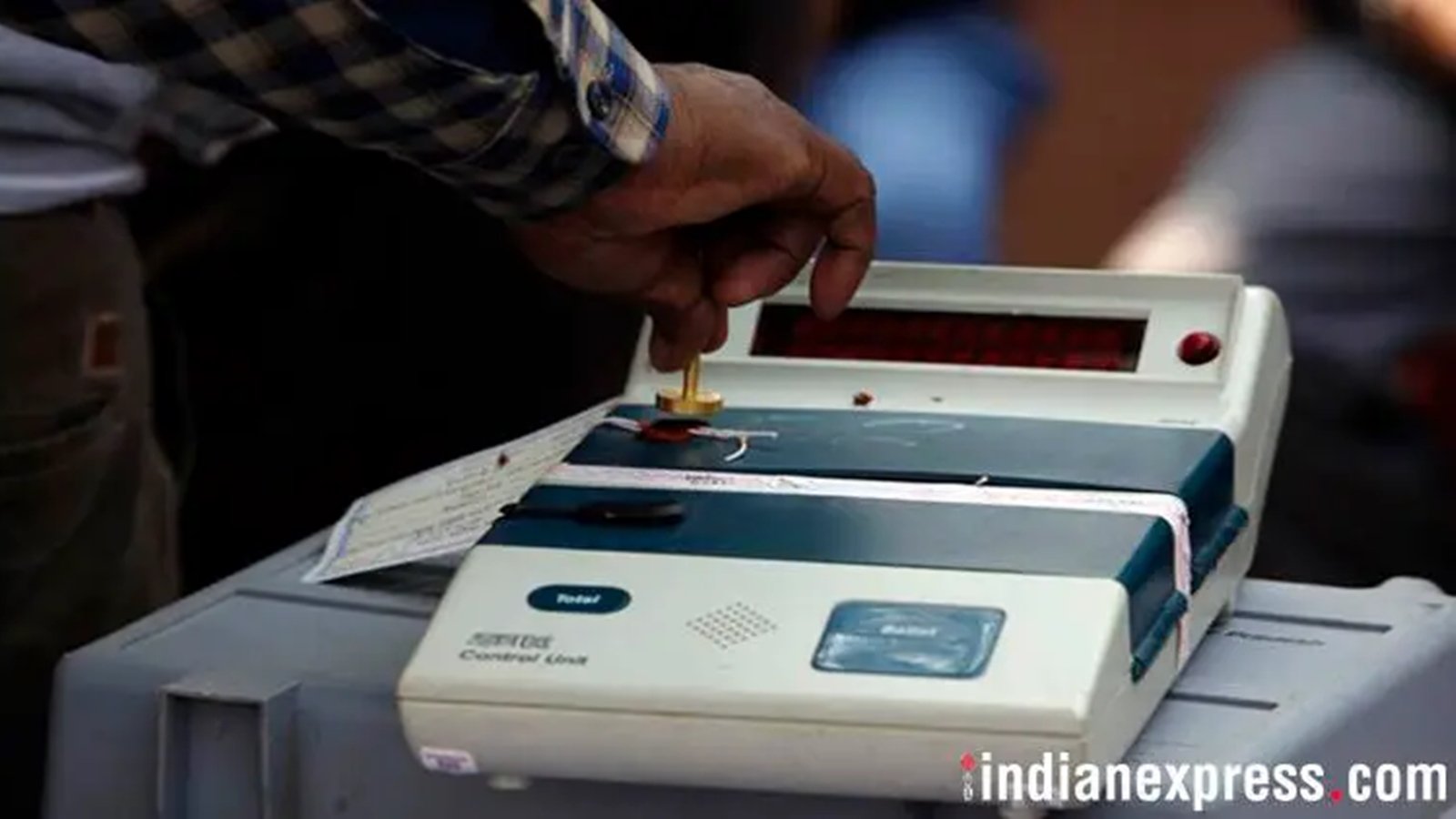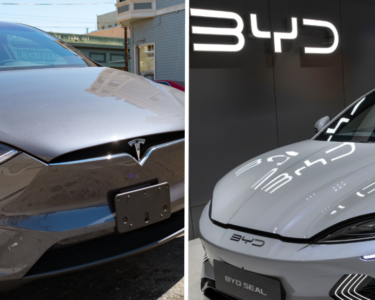A set of documents obtained by an RTI activist revealed that in the run-up to the 2019 Lok Sabha polls there were concerns within the Election Commission over the relatively high rate of Electronic Voting Machines‘ parts failing during the first-level check.
A first-level check (FLC) is the initial technical examination of the EVM’s Ballot Unit (BU) and Control Unit (CU) as well as the Voter-Verified Paper Audit Trail (VVPAT). This process is conducted by engineers in the six months leading up to the Lok Sabha polls at the district level under the supervision of a District Election Officer (DEO). If any EVM part malfunctions during the FLC, it is returned to the manufacturers, Bharat Electronics Limited (BEL) or Electronics Corporation of India Limited, for repair.
During the last Parliamentary elections, instances of EVMs breaking down during the polling process led to political uproar.
Now, documents obtained by Venkatesh Nayak, the director of Commonwealth Human Rights Initiative, show that reports of a relatively high rate of breakdown (commonly referred to as “rejection” in EC’s correspondence and notations) of VVPATs and CUs continued to trickle in from the states throughout the FLC process, and even persisted when candidates’ names and their symbols were being fed into the machines closer to the polling dates.
In fact, officers from several state Chief Electoral Officers’ (CEOs) office, including those of Nagaland, Arunachal Pradesh, Andhra Pradesh, Bihar, Karnataka, and Kerala, approached the EC requesting it of more machines because of the high failure rate. Though the EC has not officially declared any cut-off range to define a certain rejection rate as either high or acceptable, according to sources, a rejection rate of up to 5% for BUs, CUs, and VVPATs is considered acceptable. Some states were, however, reporting rates as high as 30% during the FLC.
For instance, a status report of the first-level check received on November 1, 2018, from the assistant CEO of Uttarakhand showed a rejection rate of 38% for control units. On December 21, 2018, the Delhi CEO’s office wrote to the EC, flagging a high rate of VVPAT failure during the FLC conducted in the south, north-west, and east districts, and sought an additional number of units for replacement. Similarly, the office of the Andaman CEO approached the EC in the first week of March 2019 with a similar request for additional VVPATs, stating that more than half of the VVPATs being used for training and awareness had malfunctioned.
What malfunction means
Malfunction or breakdown of EVMs doesn’t imply they are open to rigging or tampering. Like any machine, EVMs too can malfunction. However, frequent instances of breakdown can lead to interruptions in voting, slowing down the process and potentially affecting voter turnout.
The Karnataka CEO approached the EC much closer to the Lok Sabha polls on April 11, 2019, reporting that 12% of the VVPATs had failed even after they had cleared the first-level technical check. The Kerala CEO’s office also sought more control units for Kannur district, where 14% of the CUs had malfunctioned.
In fact, several officers in the file notings expressed concern over the high failure rate, prompting requests for reports from the two EVM manufacturers to identify the causes. The issue persisted almost two years after the Lok Sabha elections, leading to the Assembly elections in Bihar in 2020 and in Punjab, Uttarakhand, and Uttar Pradesh in 2021, where election officials complained about similar problems during the first-level check.
According to a letter accessed by Nayak, on October 13, 2021, an officer at EC had written to the Chairman and MD of BEL and ECIL flagging higher rejection rates of VVPATs and CUs during the FLC conducted in the run-up to the Assembly polls in UP, Uttarakhand, and Punjab.
BEL and ECIL did not respond to the questions sent by The Indian Express Queries. The EC didn’t directly reply to the newspaper’s questions either, instead updated its FAQs on EVMs on its website with a few fresh questions on the FLC process.
“After every election, an analysis of non-functional EVMs and VVPATs is carried out as an integral part for enhancing the performance of EVMs and VVPATs to reduce replacement rates during actual polls. Post General Election-2019, the Technical Expert Committee (TEC) carried out an exhaustive analysis along with BEL and ECIL. Analysis was delayed due to COVID-19 period. In analysis, it was concluded that some corrective actions are required to be taken to reduce the replacement rate of M3 VVPATs and to ensure voter is not put to any inconvenience,” the EC has stated in one of the questions in FAQ section pertaining to “claims” of high rejection rates in 2019 LS polls.
© The Indian Express Pvt Ltd
First uploaded on: 15-02-2024 at 04:12 IST






